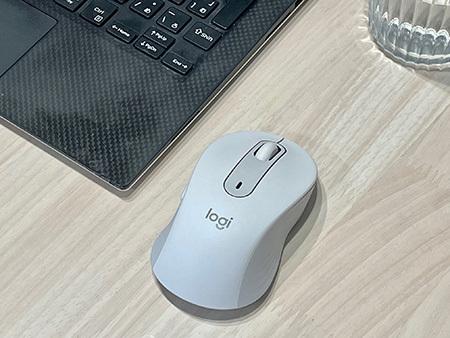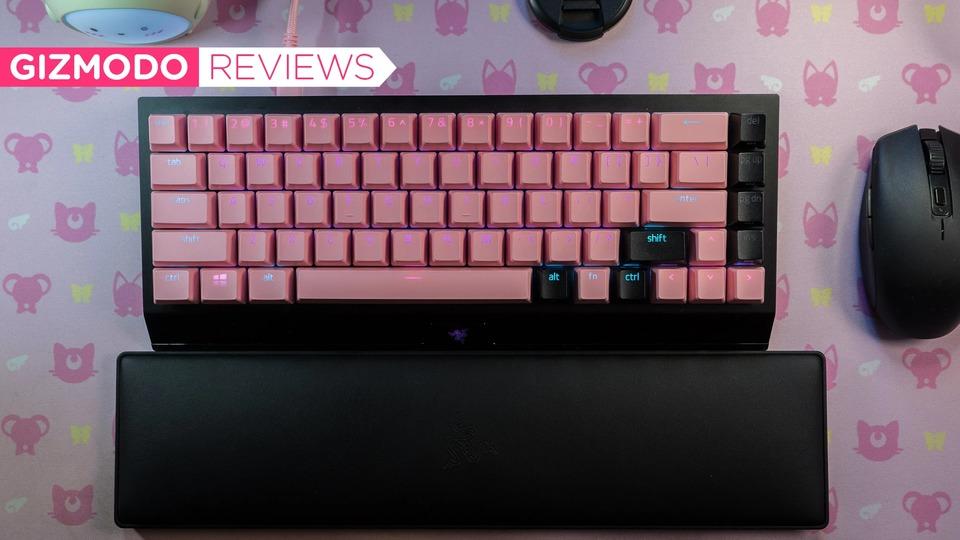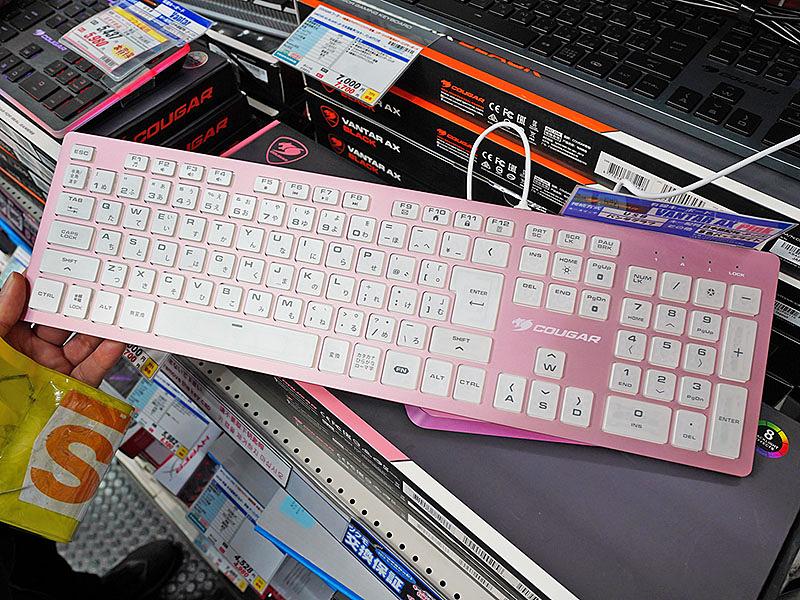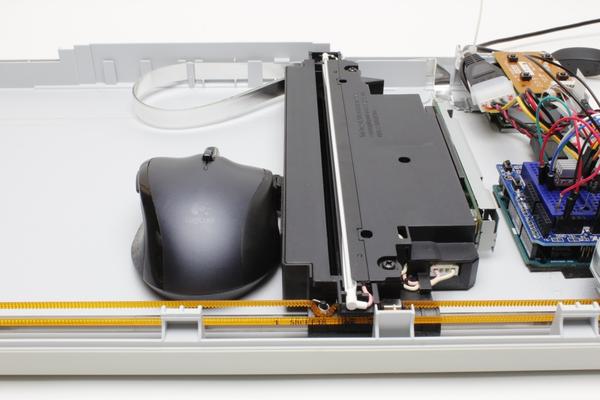Special Feature: The Future of Cloud Gaming (Bandai Namco Holdings, Capcom)
Stocks featured in this report: BANDAI NAMCO Holdings (7832), Capcom (9697)
1. Amazon Enters Cloud Gaming
This time, let's think about cloud gaming. As brands, we will take up Bandai Namco Holdings and Capcom.
On September 24, 2020, when Tokyo Game Show 2020 was being held, Amazon announced its own cloud gaming platform "Luna". It will be a cloud game service based on the world's largest commercial cloud service "AWS (Amazon Web Services)" operated by Amazon.
Cloud gaming does not require special hardware. Game software is delivered from the game server closest to the player. Play games in the form of streaming without downloading to the player's device.
Luna's launch date is unknown. It is also unclear whether the service will be provided in Japan. However, people living in the United States can get early access rights. The price during the early access period is $ 5.99 per month (about 630 yen). It's a lot cheaper than Google's Stadia, which costs $10.99 a month, but it's an early bird discount, so it's possible the price will go up once the service actually launches.

More than 100 titles of various genres can be played from the start of the service. Specifically, the titles are: "Resident Evil 7 Resident Evil" (Capcom), "Control" (505 Games), "Panzer Dragoon" (Sega), "The Surge 2" (Focus Home Interactive), etc.
Amazon also announced a partnership with Ubisoft, a major game software company. This will allow Luna users to play Ubi software titles such as "Assassin's Creed Valhalla" and "Far Cry 6" at resolutions up to 4K.
Luna is compatible with Mac PCs, Windows PCs, Fire TVs, iPhones, iPads, and Android smartphones and tablets will be available soon. You can use keyboards, mice, Bluetooth controllers, and Luna Controllers with Alexa. This will allow you to play with lower latency.
Graph 1 Global market forecast for cloud games
Unit: $1 million Source: Created by Rakuten Securities based on DreamNews (originally sourced from Research Station press release)2. Cloud games have issues of response and revenue sharing
Among the companies that have deployed commercial cloud services (public clouds) worldwide, Google (Alphabet subsidiary) Stadia (service started in November 2019), and Microsoft's Project x Cloud (project x cloud, full-scale service started in 2020). Among home video game companies, Sony has developed PlayStation Now (PS Now), which allows PS4 software to be played not only on PS4 but also on Windows PCs. The number of PS Now members increased from approximately 700,000 at the end of March 2019 to more than 2.2 million at the end of April 2020.
Amazon has long had a strong interest in entertainment, so its entry into cloud gaming is expected, and there are no big surprises. Also, I don't see it as a major threat to Sony's or Nintendo's home game businesses anytime soon. For Japanese game software specialists such as Capcom, Square Enix Holdings, and Bandai Namco Holdings, this will create new sales outlets for game software, but I don't think this will become a major source of revenue any time soon.
There are two problems with cloud gaming. The first problem is the speed of sending and receiving from the game server closest to the player to the player's device (computer, smartphone, home game console, TV). In both Japan and the United States, the response of cloud games should be slow at normal optical line speeds. Especially for action games, response is a problem.
However, looking at the fact that Amazon's Luna's first software launch includes the large-capacity game "Resident Evil 7," it may be that they have some confidence in their response. yeah. It is important how the player feels when the service actually starts.
The only way to solve this problem is to wait for the performance of 5G to improve and 5G to spread. Today's 5G smartphones have problems in both the chipset and base station, and it is said that sub-6 radio waves, which are similar in frequency to the radio waves used in 4G, can only receive and transmit at the same speed as 4G. However, it is said that next year smartphones with full specifications for 5G will come out, with the addition of functions for high-speed transmission and reception, low latency, and simultaneous multiple connections. Also, after 2022, the chipset of 5G smartphones will progress to 3 nano, which is expected to further improve performance. When such high-performance chipsets are sufficiently reduced in cost and installed in personal computers, smartphones, home-use game consoles, tablets, TVs, etc. (in 2-5 years?), the situation may change. I have.
The second problem is the issue of royalties paid by game software companies to Amazon, or the issue of revenue distribution. Cloud games are based on monthly flat-rate billing, but both Amazon and Google set this at a low price. The right to use PS Now is also 1,180 yen (tax included) per month. If the price is too high, the number of users will not increase. The reason why there are almost no new titles in the game software provided for cloud gaming, and only old titles are released is probably because the game software companies do not think that it will be a big profit at present, regardless of the future potential.







